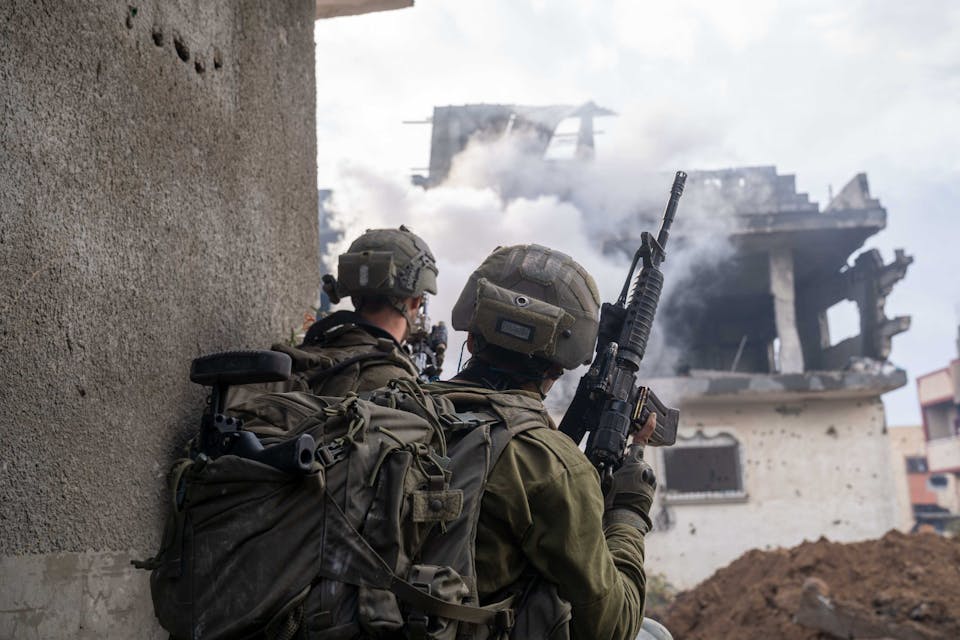
January 16, 2025
What We Have Forgotten About War
Militaries must return to the ancient confidence that it is better to kill more of the aggressors’ population than to have lost some of its own.
Ran Baratz’s sharp critique of Israeli retaliatory action following October 7, coupled with incisive and constructive correctives, is a shared worry outside of Israel. Why, he asks, was the IDF surprised by the attack, why was it shocked that it was so medieval in nature, and why did it take so long to take the war home to Gaza?
More to the point, why have not the Israeli Defense Forces thus far after October 7 been able to translate their brilliant operational and tactical victories into favorable strategic resolutions that might have led to more or less permanent victory and an ensuing sustained peace? A short answer is that neither the war nor Israel’s desire to further weaken its enemies is yet over.
Otherwise, those responsible for disconnecting tactical from strategic victory, Baratz argues, are not the spirited and heroic Israeli troops in the fields. Rather, he faults the current generation of military and civilian analysts and strategists. Swept up in the trends of the moment, and amnesiac about the historically unique challenges and vulnerabilities of a tiny Israel surrounded by nations comprising some 500 million Muslims, they became unthinking captives of old cliches and new orthodoxies, many of which are stale carry-overs from the cold war.
Responses to January ’s Essay
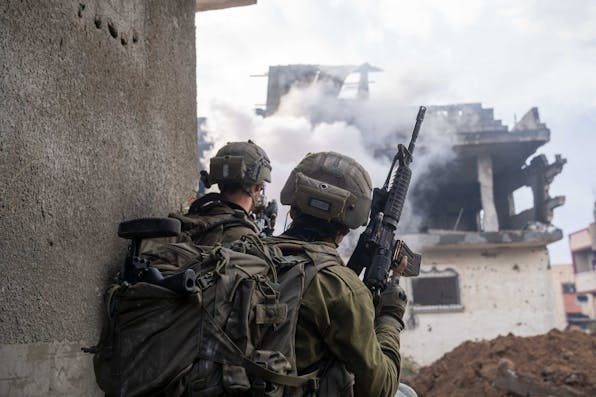
January 2025
What We Have Forgotten About War
By Victor Davis Hanson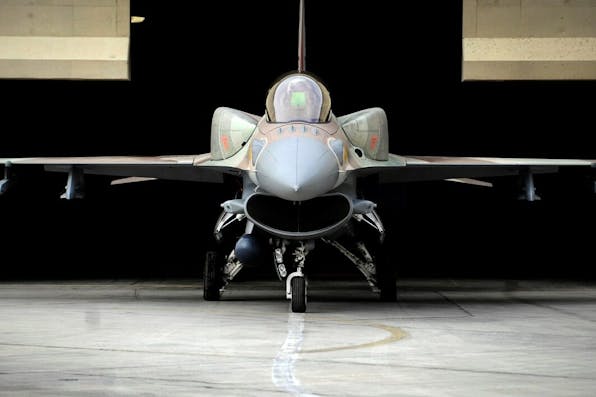
January 2025
The IDF’s High-Tech Investments Paid Off, but They Came at a High Cost
By Edward Luttwak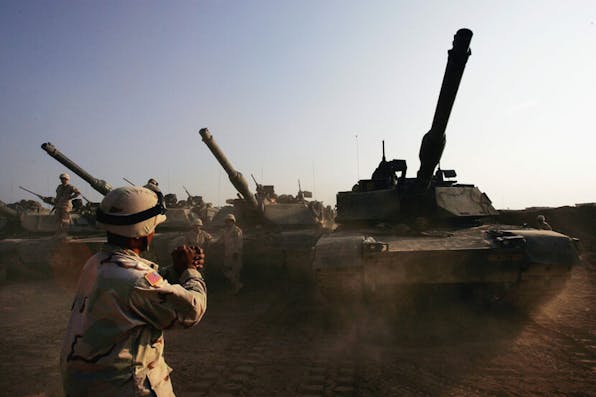
January 2025
The Classic Art of War Requires Integrating All Elements of Power
By H.R. McMaster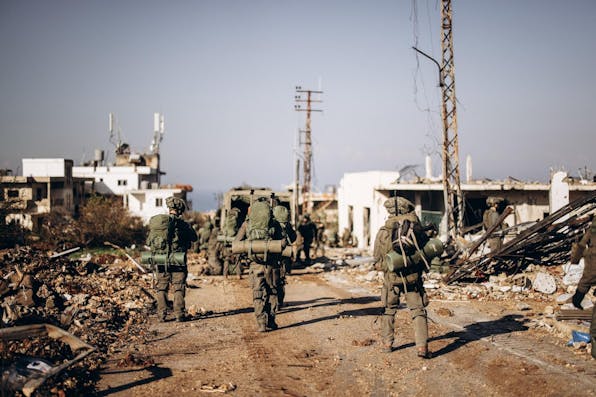
January 2025
Unless Israel Rejects Postmodern Strategy, It Won’t Be Able to Win
By Ran Baratz